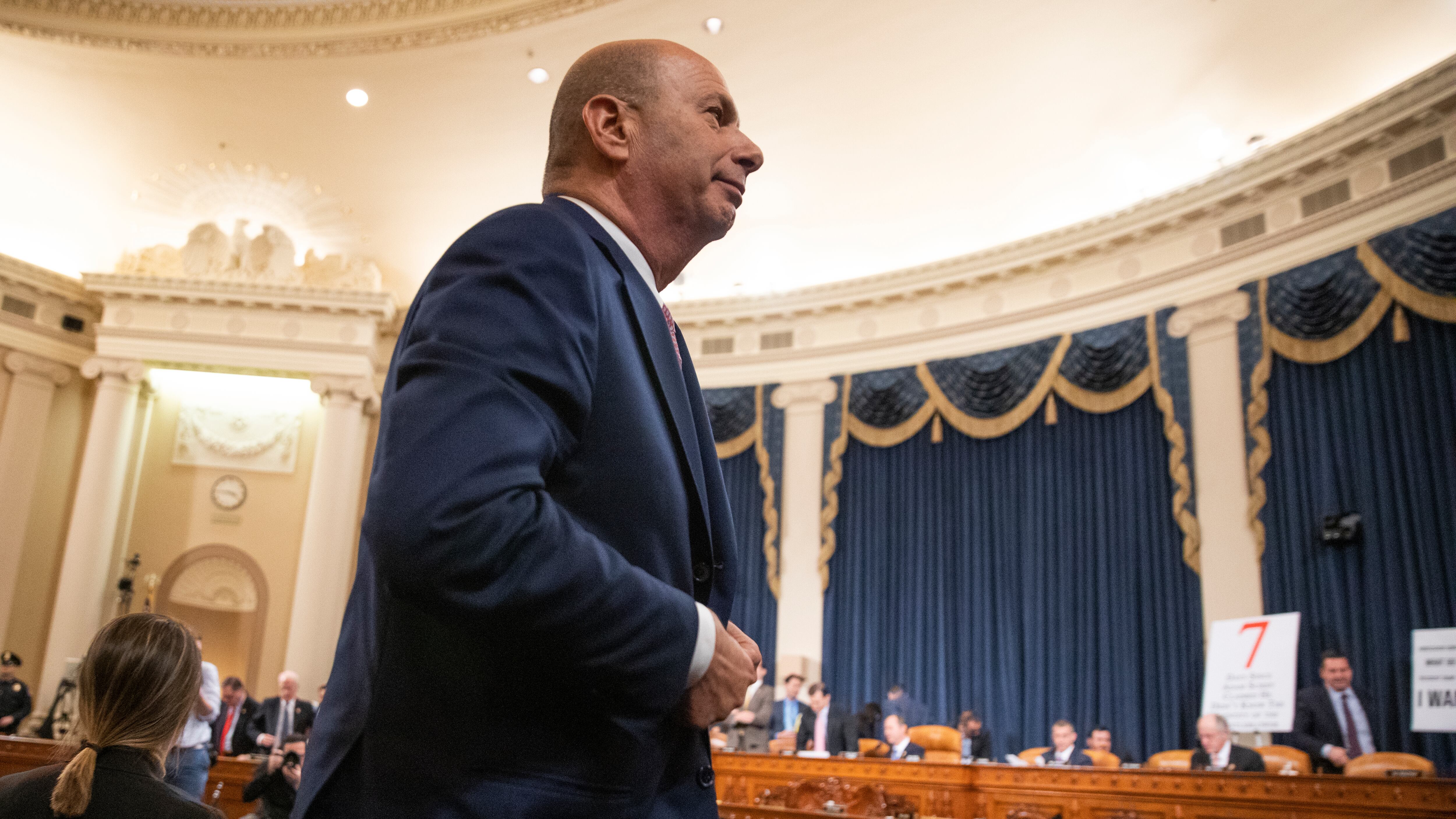Portland Monthly today reported on allegations by three women that Gordon Sondland, the U.S. ambassador to the European Union, sexually harassed them prior to joining the U.S. State Department last year.
The women—Portland Monthly owner Nicole Vogel, insurance executive Jana Solis and Natalie Sept, a Portland political consultant and nonprofit manager—all provided lengthy, on-the-record accounts of their interactions with Sondland and what they described as his unwanted sexual advances.
Vogel told the publication that when she was raising money to launch Portland Monthly in 2003, she twice met with Sondland to see an investment from him. He initially agreed, she said, but then allegedly backed away when she rejected his advances.
Solis, who met Sondland in 2008 while working for a New York insurer seeking to do business with Sondland's hotel company, described going to Sondland's West Hills home for a tour that was more than she bargained for.
"I get out to the pool house, and he is now naked from the waist down," Solis remembers. "He said something about, 'I thought we could chat.' And I said something, trying to keep his ego intact — not that he needed that, not that it wouldn't have been anyway — I said something like, 'I can't have that conversation.'"
Sept, then a staffer for City Commissioner Nick Fish, described an incident in 2010 when she agreed to meet Sondland for dinner to talk about her career. Afterwards, Sept said, he asked to continue the conversation at a bar. When she said she had to leave, he allegedly made his move.
'Sondland paid the tab, she recalls, and then offered to walk her to her car. "He keeps insisting, and I'm nervous and afraid and I don't want to make a scene, so I say, 'OK, fine,'" Sept told Portland Monthly.
At her car, Sept says, Sondland leaned in for a hug.
"So I give him a quick hug and he holds onto my shoulders and looks at me and pushes himself into me and tries to kiss me."
Though his attorney, Jim McDermott and in a statement to Portland Monthly, Sondland denied any misconduct or retaliation.
"In decades of my career in business and civic affairs, my conduct can be affirmed by hundreds of employees and colleagues with whom I have worked in countless circumstances," Sondland said in a statement to Portland Monthly. "These untrue claims of unwanted touching and kissing are concocted and, I believe, coordinated for political purposes. They have no basis in fact, and I categorically deny them."
Because of the unusual nature of the story—one of the key subjects owns the publication—Portland Monthly teamed up with ProPublica, the Pulitzer Prize-winning New York investigative reporting non-profit. ProPublica, rather than Portland Monthly staffers, interviewed Vogel.
Reactions to the story came quickly. Fish, Sept's former boss weighed in:
"Natalie Sept is my friend and former campaign manager," Fish said in a statement. "I have known her for almost 10 years. She is a person of complete integrity. Recently, Ms. Sept shared details with me of her encounter with Gordon Sondland in 2010. It was the first time I learned of his inappropriate conduct towards her.
"I am outraged by Mr. Sondland's pattern of inappropriate behavior towards Ms. Sept and other women. He should be held accountable for his behavior. And for these and other reasons, he should resign his position of public trust.
Based on what I now know about Mr. Sondland – personally and professionally – I regret that I accepted $1,500 in personal campaign contributions from him in 2008-2009.I have donated $1,500 from my PAC to Call to Safety, formerly known as Portland Women's Crisis Line, a non-profit I used to represent. Call to Safety supports survivors of domestic and sexual violence."

